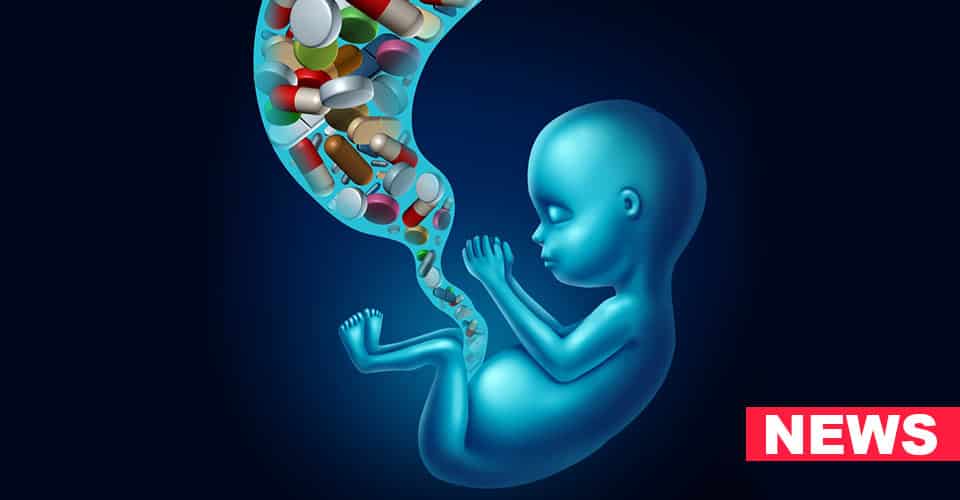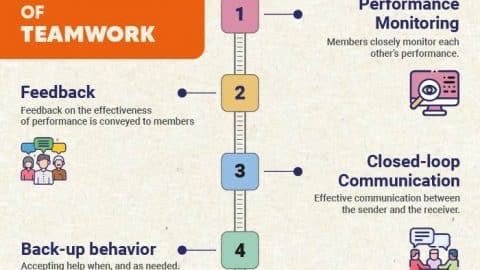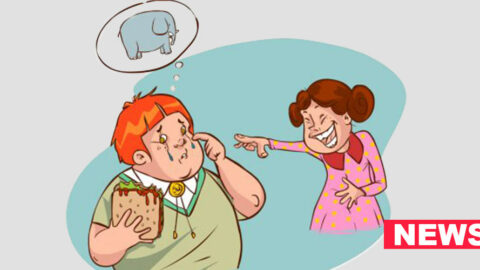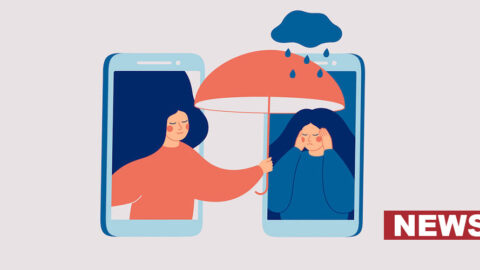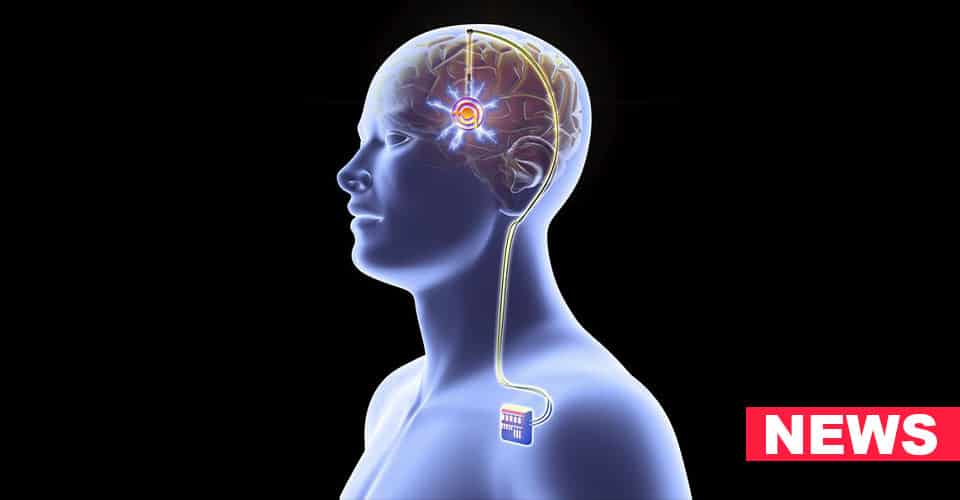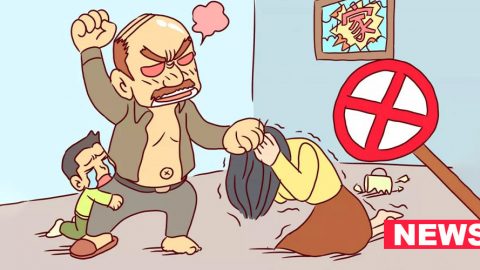The holiday season is often seen as a happy time when families are together. However, for those who have toxic family dynamics, it can be a difficult time emotionally. Toxic family members are those who engage in harmful behavior patterns and have negative influences on others around them, including during festive seasons.
How Can Toxic Family Members Impact Your Mental Health During the Holidays?
Family toxicity during the holidays can take various forms. Some behaviors shown by toxic family members include manipulation, criticism, emotional abuse, or outright hostility which creates an atmosphere far from merry or festive. Trying to fit into society’s perfect image of what constitutes a harmonious family gathering can cause feelings of not measuring up, shame, or guilt for anyone stuck dealing with such poisonous connections.
One way that toxic family members can affect your mental health during the holidays is through increased stress levels. It may be very stressful anticipating spending time alongside someone who makes you feel less valuable about yourself or does something awful like acting meanly towards others during this special occasion. This can further cause anxiety with dreadfulness attached to it. Having to constantly tread carefully through tense conversations and possible conflicts can drain away emotional resources, leaving one feeling more worn out than revived by all the merriment associated with Christmas.
Additionally, toxic family dynamics lead to social isolation and loneliness. When everyone else is enjoying themselves as a group, people coping with toxicity may decide to distance themselves from engaging fully with others so as not get hurt anymore. The difference between societal expectations surrounding happy family gatherings and real life toxic interactions creates a sense where individuals feel like they are alone.
Long-Term Impact Of Disruptive And Traumatic Holidays
The effect of having endured disruptive or traumatic holidays in toxic families go well beyond just those few days that are meant for celebrating. Long-term emotional scars, and stress may manifest in various ways, influencing relationships, self-esteem, and overall mental health.
Prolonged activation leading to abnormal functioning within body’s stress response system can result into physical disorders such as heart problems, lowered immunity levels, etc. And mental health conditions like anxiety disorders and depression.
Moreover, traumatic experiences connected with Christmas could give rise towards negative coping mechanisms formation too. For instance, maladaptive strategies such as avoidance or substance abuse might be adapted by an individual to manage with overwhelming emotions associated alongside harmful connections from relatives. Though they serve as temporary relief providers, these mechanisms only worsen in the long run even turning into serious psychiatric issues.
Lastly, interpersonal relations suffer due to disturbed holidays inside poisonous homes. Modes of dysfunctional communications and negative coping skills learnt during get-together events at this period can easily spill over —affecting other relationships and the ability to form healthy ones.
Dealing With Toxic Family Members During Christmas And The Holidays
Dealing with toxic family members during Christmas requires a combination of self-care strategies, setting boundaries, and sometimes seeking outside help.
During holiday gatherings, it’s important to set boundaries for oneself in order to protect his or her mental health. One can regain control in difficult situations by setting realistic expectations for interactions with toxic family members and planning an exit strategy beforehand. It is important to communicate these boundaries assertively yet calmly so as not to escalate conflict but emphasize self-preservation.
Toxic family dynamics are particularly challenging during the holidays, and taking care of oneself becomes especially important. Joyful activities should be given priority over anything else that brings relaxation, such as reading a book, taking a walk, or being with supportive friends. This means recognizing own emotional needs and giving room for self-compassion even when things are tough.
Sometimes it may be necessary to seek support from outside one’s immediate family circle as well. Therapy sessions, counseling programs, sharing secrets with close friends among others help provide an external support system, validation, and positive perspective. In fact, professional guidance helps equip individuals with coping strategies and tools that enable them to navigate through such difficulties more effectively both during the holidays and beyond.
In extreme cases, mental health preservation may require individuals to limit or completely cut off ties with toxic relatives in some instances. These choices are highly personal ones which also tend be complex, but these are essential for prioritizing wellbeing above everything else. Building up a supportive chosen family instead of a toxic biological one helps create a feeling of belongingness that is otherwise lacking in the latter case.










